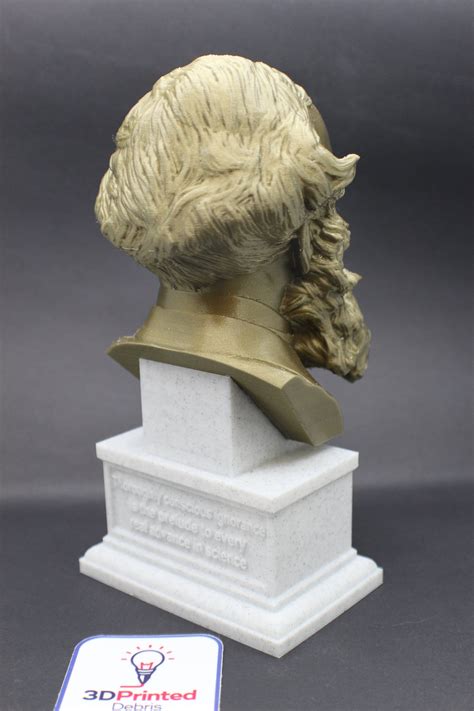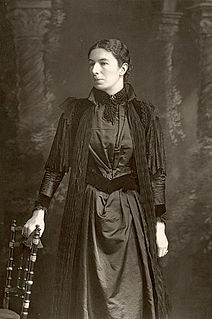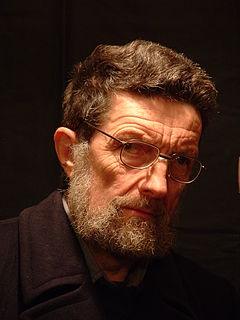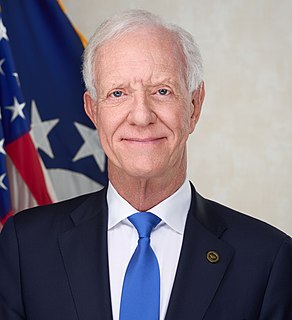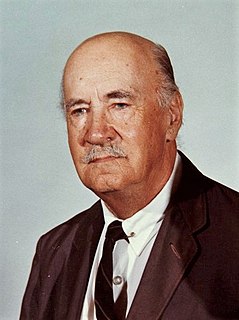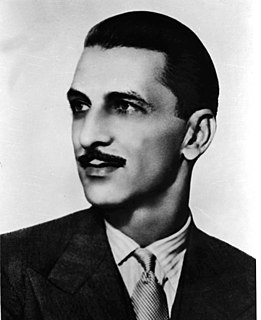A Quote by Otto Lilienthal
Of all the men who attacked the flying problem in the 19th century, Otto Lilienthal was easily the most important. ... It is true that attempts at gliding had been made hundreds of years before him, and that in the nineteenth century, Cayley, Spencer, Wenham, Mouillard, and many others were reported to have made feeble attempts to glide, but their failures were so complete that nothing of value resulted.
Related Quotes
Up until the middle of the nineteenth century, men of science were all believers. Most of the great early English naturalists were also ministers; they were the only ones who had education and leisure for such pursuits. Darwin himself almost became a minister. God's power was always thought to be most easily and obviously revealed in the majestic works of nature.
I was really interested in 20th century communalism and alternative communities, the boom of communes in the 60s and 70s. That led me back to the 19th century. I was shocked to find what I would describe as far more utopian ideas in the 19th century than in the 20th century. Not only were the ideas so extreme, but surprising people were adopting them.
Given that the nineteenth century was the century of Socialism, of Liberalism, and of Democracy, it does not necessarily follow that the twentieth century must also be a century of Socialism, Liberalism and Democracy: political doctrines pass, but humanity remains, and it may rather be expected that this will be a century of authority ... a century of Fascism. For if the nineteenth century was a century of individualism it may be expected that this will be the century of collectivism and hence the century of the State.
In the 20th century, we had a century where at the beginning of the century, most of the world was agricultural and industry was very primitive. At the end of that century, we had men in orbit, we had been to the moon, we had people with cell phones and colour televisions and the Internet and amazing medical technology of all kinds.

